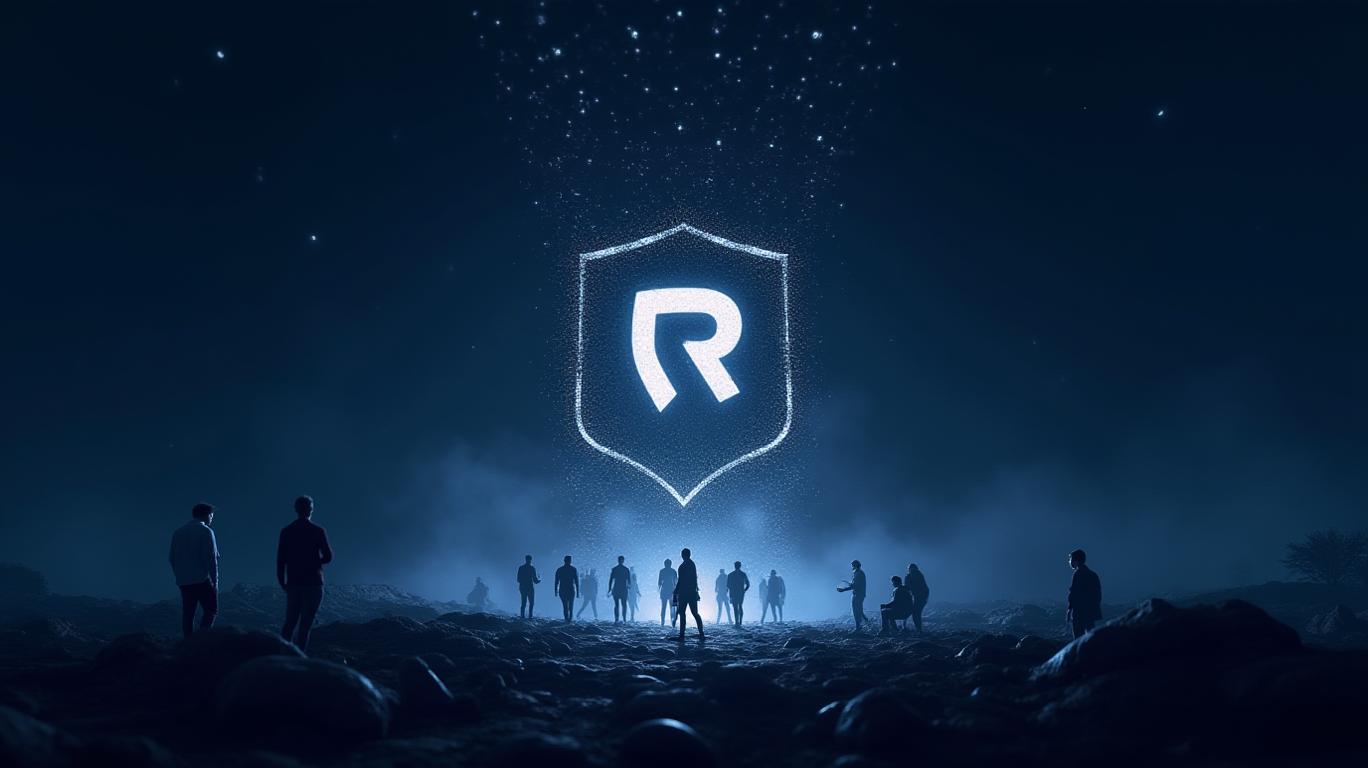"Railgun's Privacy Shield: $8.5M Stolen, Then Returned"
Ethereum co-founder Vitalik Buterin has highlighted the privacy features of Railgun following a security incident involving zkLend on the Starknet network. The incident, which resulted in a roughly $8.5 million exploit, saw stolen funds bridged to Ethereum and subsequently laundered through Railgun. However, due to protocol policies, Railgun returned the funds to their original address.
Buterin discussed Railgun's privacy pools mechanism on Xtoday, explaining that anyone can deposit into the platform. Following a deposit, a one-hour period is initiated during which algorithms analyze the transaction to identify potential links to criminal activity. If the deposit passes the filter, the user can withdraw anonymously using zero-knowledge proofs (ZKPs) after an hour or, ideally, wait longer for better anonymity. If the deposit fails the filter, the user can only withdraw back to their original address, meaning they don't lose funds but also don't benefit from anonymity.
Buterin also mentioned that if users disagree with Railgun's filters, anyone can fork the protocol and create an alternative privacy pool with different filtering rules. However, without widespread public adoption, a forked version would have a small anonymity set, making privacy weaker.
Railgun seeks to balance privacy and compliance, allowing legal users to transact privately while making it difficult for criminals to benefit from anonymity pools. This approach could help privacy tools survive regulatory pressure by proving that financial privacy can coexist with crime prevention.
Railgun is a privacy-focused protocol that enables shielded transactions on Ethereum, BSC, Polygon, and Arbitrum using zero-knowledge proofs. Launched in 2021 and with its mainnet going live in early 2022, Railgun was developed by the Railgun DAO, a decentralized autonomous organization. The project is community-driven, with contributions from cryptography and blockchain security experts.

Quickly understand the history and background of various well-known coins
Latest Articles
Stay ahead of the market.
Get curated U.S. market news, insights and key dates delivered to your inbox.

Comments
No comments yet